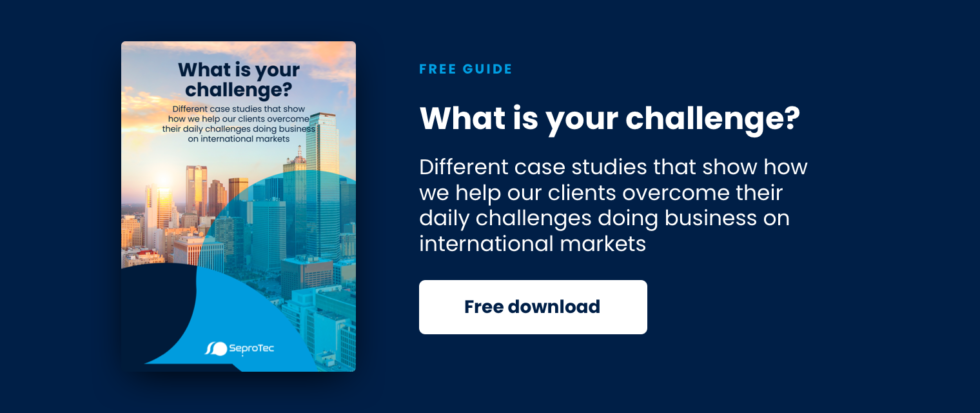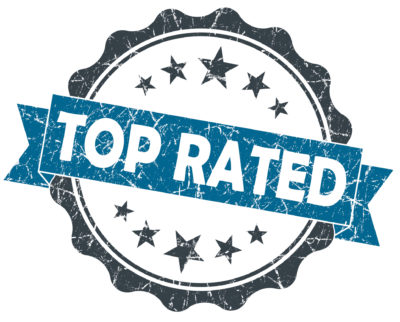
For many pharmaceutical companies, sourcing translations for documentation such as clinical protocols, labels, safety reports, questionnaires, PROs, COAs, and more may be as straightforward as letting their CRO take care of it.
Others, though, may rely on a patchwork of solutions, where each department works with its own vendors, even if the company has a centralized list of preferred suppliers.
If your role requires managing the internationalization of your company’s products, whether it’s during research and development of new candidates or supporting commercialized products that have been on the market for years, you might be stuck in a rut without even knowing it.
Sure, things may seem to be humming along smoothly, but on the other hand, maybe there are consistent nuisances in the process that, if addressed, could greatly improve your quality of life. Many companies, especially large ones, usually follow the path of least resistance and continue to work with established providers because “that’s how [we’ve] always done it.”
In a field focused on innovation and results, though, this can’t be the case.
We asked some of our own clients what they value most when it comes to sourcing translations. Here’s what they said:
Accuracy
Especially in the strictly regulated realm of clinical research, accuracy is indispensable. Mistranslations can be costly, both financially and socially.
If a patent isn’t translated precisely, you may as well not file the patent abroad at all.
If a questionnaire has not been translated with the relevant cultural context taken into account for different target groups, it can muddy your data.
And if an ingredient on a label is mistranslated, revising and resubmitting the relevant documents for approval can be expensive. Even worse, an end user of the product might be adversely affected, opening up your company to litigation.
Any language service provider (LSP) will tout its quality, but how can you be sure your provider is actually delivering? Here are some ways to find out:
1. Does your LSP possess internationally recognized certifications such as ISO 17100 or ISO 9001? Most mature LSPs consider these de rigeur, but not all providers are created equal. Check to see when your vendors’ certificates were last validated.
2. Does your LSP specialize in life sciences and use native speakers of the target languages? Many LSPs claim to specialize in certain areas, but the dirty secret of the industry is that many translation companies simply farm out work to other, lesser-known vendors further down the proverbial food chain. It’s imperative that your vendor retain complete control over the quality of the final product.
3. Do you receive feedback from other internal stakeholders or end users? Not all companies have multilingual employees who can review every language you translate– and honestly, you shouldn’t need to rely on these employees to do so. However, if you have colleagues who have voiced concerns about the translations you’re receiving, perhaps it’s time to evaluate other options.
Speed
While cost is always a factor for anyone responsible for outsourcing work, we consistently found that an LSP’s ability to turnaround projects quickly remains a deciding factor for many pharmaceutical companies, and they are often willing to pay more for this capability.
It’s important to remember that translation is not simply a mechanical process. For the accuracy required for life science documents, especially documents subject to regulatory scrutiny or intended for external use, human translators are necessary.
While it’s true that these humans work with computer assisted translation tools (CAT tools), haste usually makes waste. It is possible to assign multiple linguists to a single project, but this exponentially increases the risks of inconsistencies, mistakes, and breaches of data security.
Still, even though it’s important to keep reasonable expectations in mind, LSPs that can deliver translations quickly without sacrificing the aforementioned accuracy are valuable partners worth keeping, even if they cost more. Remember to weigh the costs of a good LSP against the possible costs of missed submission deadlines, multiple rounds of revisions, and even brand reputation.
Relationship
Your language services partner might provide an above average product, but how is your relationship with them?
Good LSPs do everything they can to create a frictionless workflow to make it as easy as possible for their clients to obtain quotes, approve projects, and submit feedback. But as much as it might be tempting to adopt a “set it and forget it” mentality, especially if things seem to be going all right, it’s crucial that your point of contact be available and communicative.
Does your LSP proactively warn you of any issues that arise during the course of a project? Do they watch out for you by educating you about more cost-effective alternatives based on the needs of different projects?
We in the localization industry are a naturally communicative lot. Words and language are our passion, so don’t be afraid to talk to your account manager.
Ultimately, outsourcing your translation needs to us requires a tremendous amount of trust on your part. Of course LSPs ought to provide high quality, speedy translations, but part of the value they ought to add comes in the form of being a trusted consultant who can offer so much more than just translation. If you can’t leverage your LSP’s experience in both your industry and the broader localization world, why are you keeping them around?
Whether you’ve been working with a provider for a while or you’re just starting out on the sometimes overwhelming path to commercializing your products internationally, it’s vital that you pick a language services provider with the necessary experience, know-how, and reliability to function not just as a vendor, but as a trustworthy partner. To learn more about how SeproTec can help you with your projects, reach out to our global team today.
Written by Edward Carlin, SeproTec’s Business Development Manager, based in Austin, TX.





